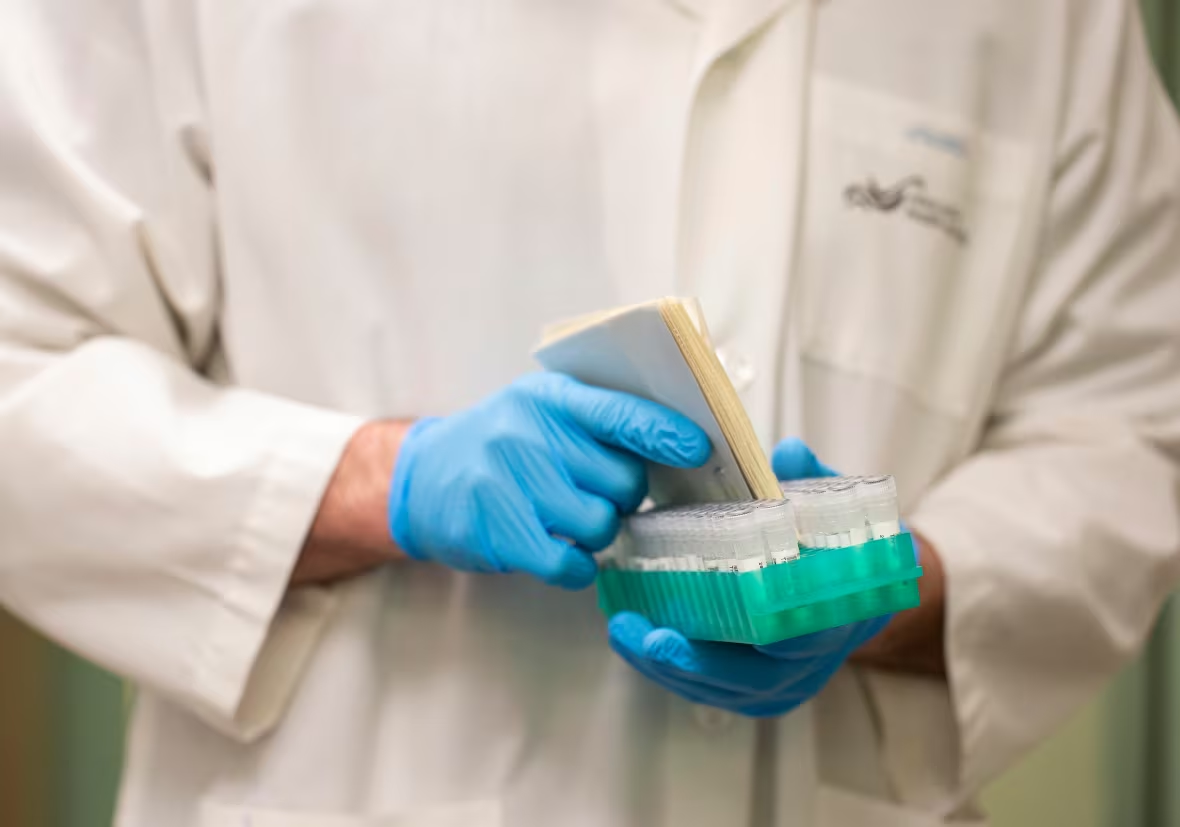Size of long-term care homes may change post-COVID-19, says premier
Stephen McNeil says a review of Northwood is coming, but called it 'highly inappropriate' to do now

Nova Scotia Premier Stephen McNeil hinted Wednesday that changes to how long-tem care homes are set up could be in the works because of COVID-19.
The epicentre of the virus's outbreak in the province has been at Northwood, a long-term care home in Halifax. So far, 35 residents there have died because of COVID-19. The deaths at Northwood have accounted for all but six due to the virus in the province.
During a press briefing, McNeil said there has been a lot of discussion around the size and magnitude of the facility at Northwood and "whether or not that's the appropriate way we should be delivering long-term care or whether there should be smaller facilities."
"We look forward to chasing this virus out of Northwood and then looking at how can we make sure — if this virus rebounds or if a future one comes — the physical setup that we have is the right one to ensure that we can control and prevent it from getting in," McNeil said.
Health Minister Randy Delorey said the government has spent the last 17 months trying to address gaps in the long-term care system identified in a report by an expert independent panel. That report noted a shortage of workers and services, among other challenges, in homes across the province.
The chair of that panel recently said COVID-19 has exposed long-standing systemic shortfalls in long-term care.
"We've made it clear that we recognize and prioritize the evolution and opportunities to strengthen the quality of care within our long-term care sector," Delorey said in a telephone interview from his constituency in Antigonish, where he's been working from since public health orders were instituted.

Delorey said Northwood followed all public health protocols when they were introduced and in some cases made changes before they were introduced. Likewise, he said, the province sent help to Northwood as soon as it was requested.
On Wednesday, Nova Scotia reported seven new confirmed cases of COVID-19, bringing the cumulative total to 998 provincewide. There are no new deaths to report.
The province reported that 160 residents and 51 staff at Northwood had active cases. Two other long-term care homes have active cases, the province said — one staff member at each.
Northwood review coming
When asked Wednesday about launching an investigation into Northwood, McNeil said his focus is on getting the virus out of the facility.
He said a review is coming, but called it "highly inappropriate" to do while COVID-19 is still active in the province.
"There's a lot of families suffering, we closed businesses, incomes have been lost and, in some cases, life savings have been lost ... we'll continue to look at our long-term care sector across the province, all of that will be reviewed," McNeil said.
McNeil was dismissive of a call by the Progressive Conservatives to reconvene the legislature's standing committee on health to examine what's happening at Northwood and how to prevent it from happening elsewhere. But Tory Leader Tim Houston said people living in long-term care homes, their families and staff have questions and they deserve answers.
"We need to make sure that we have the best policies and procedures there," he said. "That means listening to the people that are literally living it and working in it every day."
As of the province's reporting Wednesday, nine more Nova Scotians had recovered from the disease, for a total of 661 resolved cases.
The microbiology lab at the QEII hospital completed 764 tests on Tuesday. In total, the lab has recorded 31,541 negative test results since the start of the pandemic.
'Things will be different'
Dr. Robert Strang, Nova Scotia's chief medical officer of health, said there is no timeline for the economy reopening, but he did discuss what conditions would need to be met before it happens.
Strang said he needs to see how many positive tests are coming 14 — but ideally 28 days — after the province lifted some of its public health restrictions around COVID-19.
"If opening up the outdoors, even in a modest way, has resulted in an increased COVID transmission, that to me tells us that we're not ready to go further," Strang said.
He said once more restrictions are lifted, measures like physical distancing will need to continue.
"Things will be different, but if we do things well, that different can also be better in a number of ways," he said.
Symptoms
The following is a list of symptoms for COVID-19:
- Fever.
- New or worsening cough.
- Sore throat.
- Runny nose.
- Headache.
Anyone with two or more of those symptoms should visit 811's website for a self-assessment questionnaire to determine if 811 should be called for further assessment.
With files from Michael Gorman